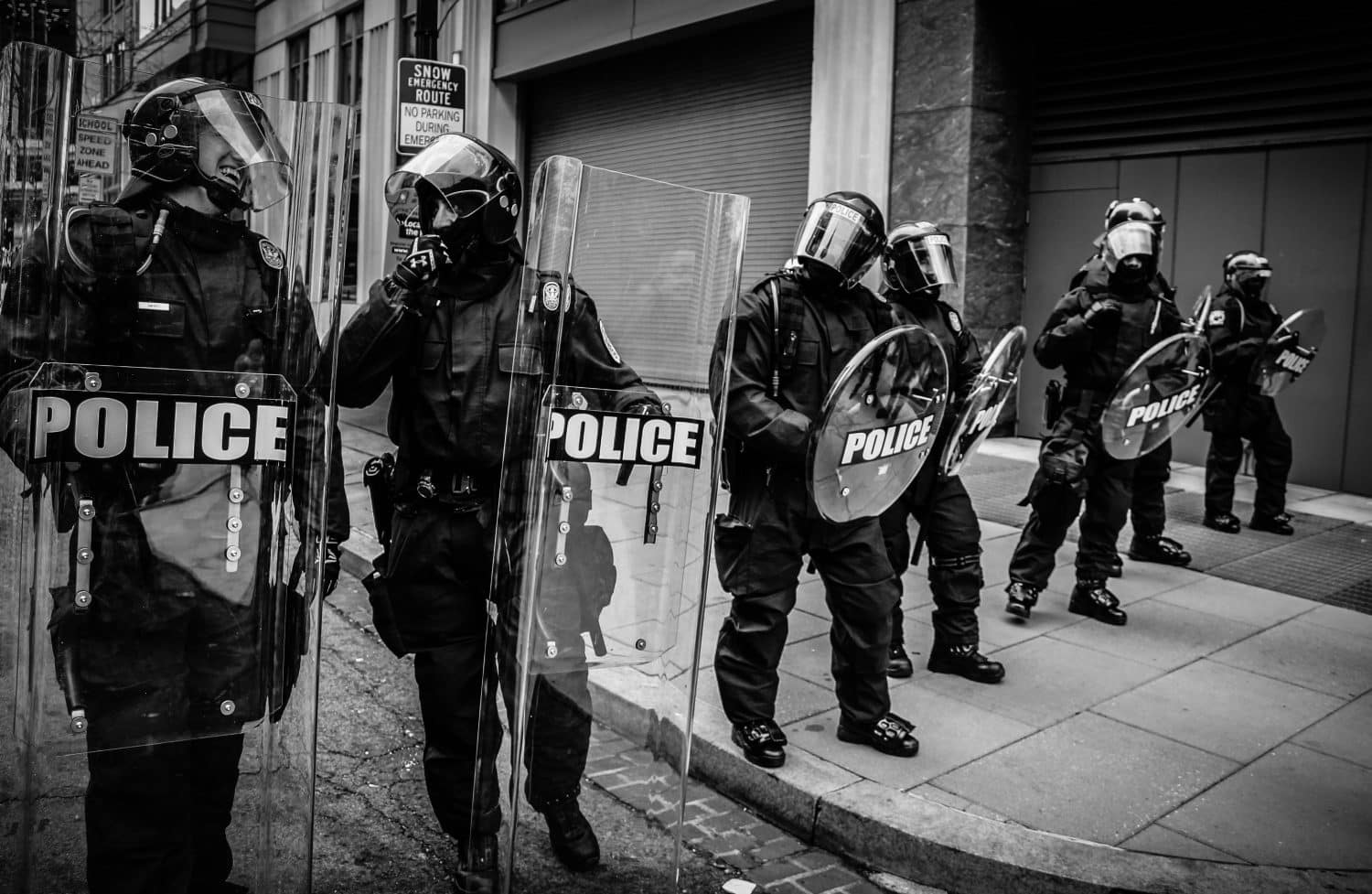
There is renewed focus on the mental health crisis in Ontario’s police force after an officer took his own life. Four officers have died by suicide since last July.
Advocates say that these tragic events are representative of broader problems within the force. The Ontario Provincial Police Association and associated organizations have invested exceptional effort in recent years to support the mental health of their officers. However, the force must continue to advance these efforts.
Mental Health Crisis
In 2018, a total of nine Ontario police officers took their own lives. This is a shocking and deeply upsetting trend. William Rusk is the director of Badge of Life, an organization dedicated to supporting members of the police who are coping with psychological injuries. Rusk spoke to CTV news in response to the latest tragedy. “Right now, there’s more than a dozen officers across the country that are contemplating suicide and they shouldn’t have to do that alone.” Rusk served for 30 years as a police officer. His insights are based on his experiences working alongside police personnel in various capacities. The work being both within the force and by organizations such as Badge of Life is essential in supporting officers.
First Responders and Mental Health
Rob Jamieson of the Ontario Provincial Police Association spoke to CTV News. “There can be no denying the mental health crisis in law enforcement and the broader first responder community.” A national survey conducted in 2017 demonstrated the need for mental health support among first responders. It found that 44.5% of participating first responders “screened positive for clinically significant symptom clusters consistent with one or more mental disorders.” According to Statistics Canada, the rate among the general population is around 10%.
Traumatic Events
The traumatic events first responders encounter on the job can cause or exacerbate conditions such as depression, anxiety and PTSD. Officers may also find themselves in dangerous situations which can have long-lasting effects on their mental health. Stressful or upsetting working conditions may also contribute to conflict in other areas of an officer’s life, such as their home life.
Concerns Over Professional Standing
Officers often avoid seeking mental health support. In some cases, this is due to their concerns about reporting problems affecting their professional standing. The police force are taking measures to ensure that officers can be comfortable reporting issues that they are experiencing. However, reducing these concerns is a difficult, gradual process.
Persistent Stigma
There is also persistent stigma around mental health issues, both within the force and in society more generally. We have made great progress in reducing this stigma in recent years. However, it can still prevent individuals from seeking essential support. Police officers often work in cultures which value resilience and self-sufficiency highly. Seeking mental health support can be perceived as weakness. It is important to change these attitudes through informed, compassionate dialogue. Anyone who has sought out mental health support will understand the courage required to do so. As Jamieson told CTV News, “the stigma that still exists may make that first step to reach out to a friend, a colleague or your association the most frightening thing you have ever done. But we will have your back at every step.”
Denial
Officers may also remain in denial about their symptoms. They may refuse to seek support even if they have been advised to do so. Without this support, their symptoms will only intensify. As Jamieson states, the burden carried by officers “should not be shouldered alone.”
Mental Health and Addiction
Many people coping with mental health disorders without the necessary, evidence-based support turn to self-medication. This usually involves using alcohol, illegal drugs or prescription medications in order to manage symptoms. This is a highly addictive and dangerous pattern of use. It also prevents the person from truly addressing their symptoms and the underlying causes. Addiction also creates stress and conflict for the addicted person and those around them. This intensifies the underlying causes of the addiction.
Concurrent Disorders
Mental health disorders which occur alongside addiction problems are referred to as concurrent disorders. Treatment for concurrent disorders should be evidence-based. It should involve methods which have proven effective in treating addiction and mental health conditions. These methods include individual therapy and cognitive behavioural therapy.
There is an extremely high rate of mental health disorders and related addiction among first responders. Many of these professionals are coping with symptoms of conditions such as anxiety disorder and PTSD. Statistics Canada estimate that “Around 50% of males and 25% of females with chronic PTSD have major problems with alcohol and drugs.” While these figures are extremely troubling, there are available solutions. It is crucial to reduce the stigma around mental health issues within the police force and to make support available to all officers. Making the necessary support available and encouraging officers to avail of it will help officers to avoid or overcome addiction.
Response
The Ontario Provincial Police Association have already announced round table discussions around mental health issues in the force. These discussions will involve officers, family members of officers, and mental health experts. This is the kind of initiative that will help officers to recognize when they need support. It will also help the police association to provide it.
Jamieson also discussed the need for support to be fully comprehensive and integrated. His aim is to provide an infrastructure in which “you call a number and you’re taken care of from point A to Z.” This is precisely the kind of process that will make seeking support a less intimidating prospect. Comprehensive support also makes individuals less likely to fall away from treatment once they have begun the process.
Dedicated Support
Police officers struggling with mental health problems and concurrent addiction require evidence-based, client-centred treatment. Treatment should also be adaptable to the specific needs of the individual. These treatment methods will help clients to identify and address the underlying causes of their problems. They will allow them to develop healthy, progressive coping mechanisms in place of self-medication.
Trafalgar recently launched a dedicated program for first responders and veterans coping with PTSD and addiction. Dedicated programs such as this allow individuals to address their problems with experienced professionals and other clients with similar experiences. This creates a comfortable and controlled environment in which clients can work towards recovery.
Treatment should also offer comprehensive aftercare so that clients can continue to benefit from professional support after their initial treatment. The “A to Z” model discussed by Rob Jamieson is the kind of support that police officers require and deserve.





